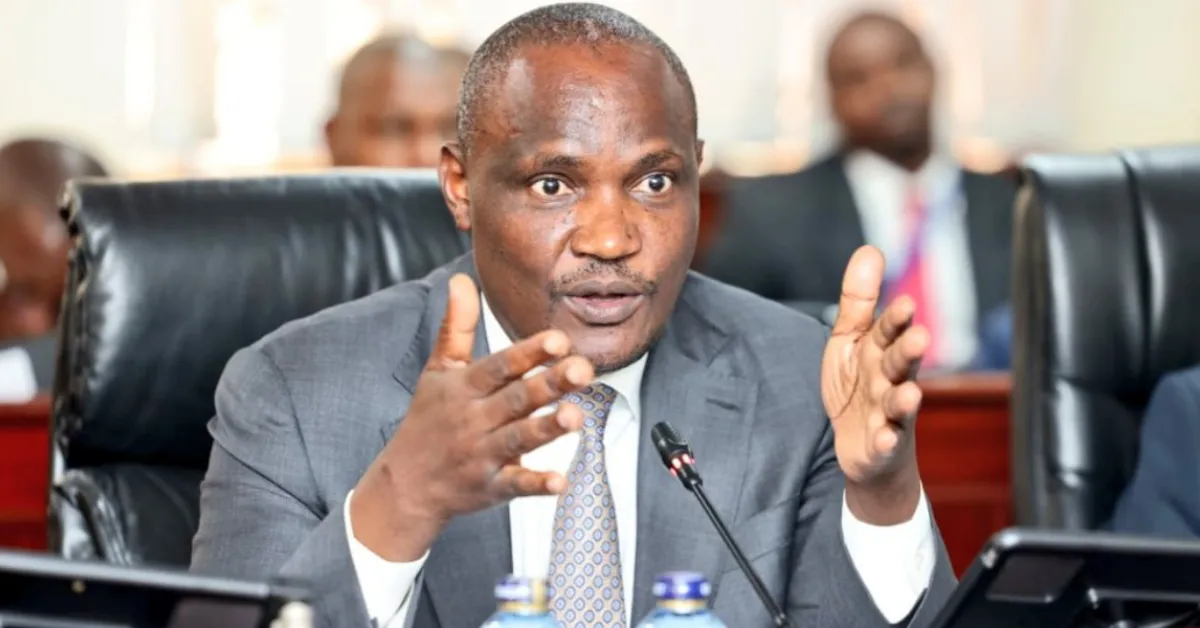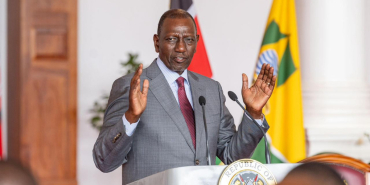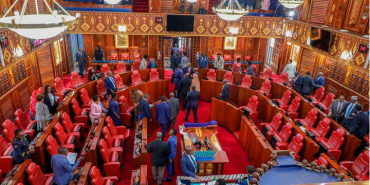CS John Mbadi Announces State Will Cover KCSE Exam Fees

The Kenyan government has reversed its decision to eliminate the national examination fee waiver for secondary school students, Treasury Cabinet Secretary John Mbadi announced on Monday, June 9.
This reversal follows widespread public criticism and concerns over the potential impact on students from low-income backgrounds. Mbadi's announcement came during a town hall meeting, where he addressed public frustration over the initial proposal to phase out the decade-old subsidy for the Kenya Certificate of Secondary Education (KCSE) exams.
The government's original decision, justified by financial constraints, sparked fears that eliminating the waiver would disproportionately affect disadvantaged students and exacerbate inequalities in educational access. Despite the national budget initially excluding provisions for examination fees, Mbadi assures the public that the necessary financial adjustments have been made.
"Initially, we did not provide examination fees for this year, but we have made the money available," he said. "I assure all Kenyan students that they will sit their exams. The government will pay for it; we are just restructuring the system."
The waiver, introduced in 2015 as part of broader educational reforms, aimed to remove financial barriers for students, ensuring equitable access to the crucial assessment process. Its removal would have shifted the cost burden onto families, raising concerns about potential dropouts and disparities in educational attainment.
Government officials had previously defended the decision, citing the unsustainability of the subsidy amid growing fiscal pressures.
Mbadi emphasises that maintaining the waiver in its original structure was no longer feasible, necessitating a reconsideration of examination administration and funding. One proposed alternative was a differentiated fee model, where only students from vulnerable households would continue receiving government support.
Mbadi also addressed broader concerns regarding the expenditure associated with national examinations, revealing that the Cabinet questioned why exam materials were printed abroad. This practice, he noted, significantly contributed to the rising costs of administration.
"What happened was that, as Cabinet, we did not agree with the amount of money being spent on exams; we couldn't understand why examinations were printed outside the country, yet more sensitive documents like passports are printed locally," he said.
Mbadi indicated that the Ministry of Education has been tasked with developing a more realistic financial framework for conducting exams, aimed particularly at reducing excessive expenditure.
"The Ministry had to come up with a more realistic structure for administering and funding exams, not the Sh11 billion that was being spent," he stated.














Add new comment